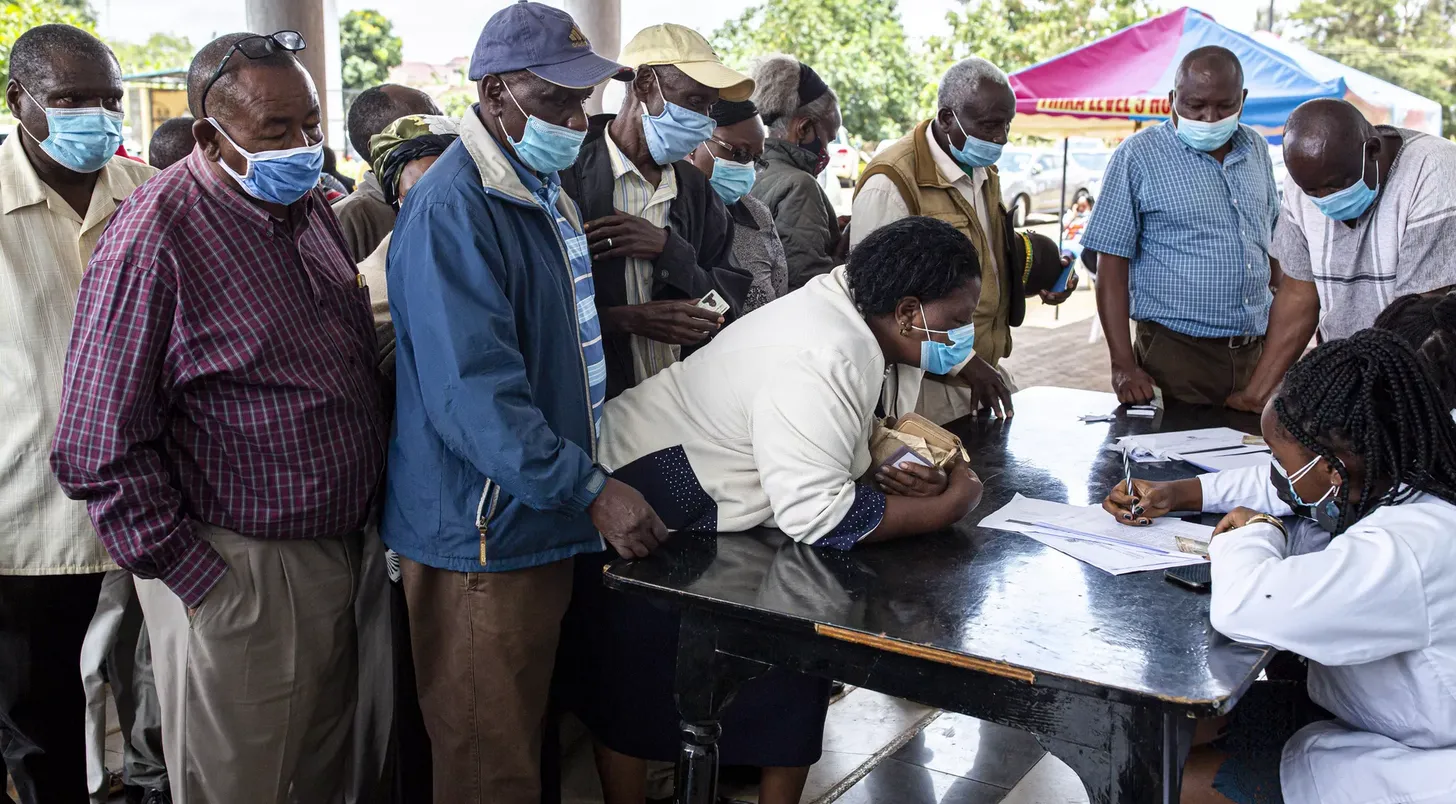The first shipment of long-awaited coronavirus vaccines finally arrived in the Democratic Republic of the Congo on March 3. One month later, they’re still sitting in a warehouse in the capital, Kinshasa.
Why it matters: Africa is at the back of the global line for vaccines, and most countries only expect enough doses to cover a fraction of their populations this year. But in some cases, even those limited supplies may not be fully deployed before they expire.
Zoom in: The DRC has received 1.7 million Oxford/AstraZeneca doses from the global COVAX initiative. The government delayed the rollout, citing health concerns stemming from the AstraZeneca rollout in Europe. But the challenges don’t end there.
- Health workers in the provinces haven’t yet been trained to administer the vaccine due to funding shortfalls, says Freddy Nkosi, DRC country director at VillageReach, which is advising African governments on vaccine distribution.
- A digital data collection system designed to guide the vaccination campaign is also not yet operational, Nkosi adds.
- Once the rollout begins, it will be difficult to transport doses even to nearby provinces because of poor roads, he says. Other provinces in the giant country of 86 million people will only be reachable from the air.
Assuming the shots do arrive at distribution centers and health workers are prepared to administer them, there may not be much demand.
- “There are so many rumors circulating around the vaccines, and that’s also contributing to so many people, even among the health workers, being very hesitant to receive the vaccine,” Nkosi says.
- VillageReach is involved in a public engagement campaign to inform people about the vaccines and their eligibility for them.
- But the DRC is on the clock. Those 1.7 million doses will expire in three months, Nkosi says. If large quantities go unused, that will not only set back the first wave of vaccinations, it will undercut appeals for further shipments.

